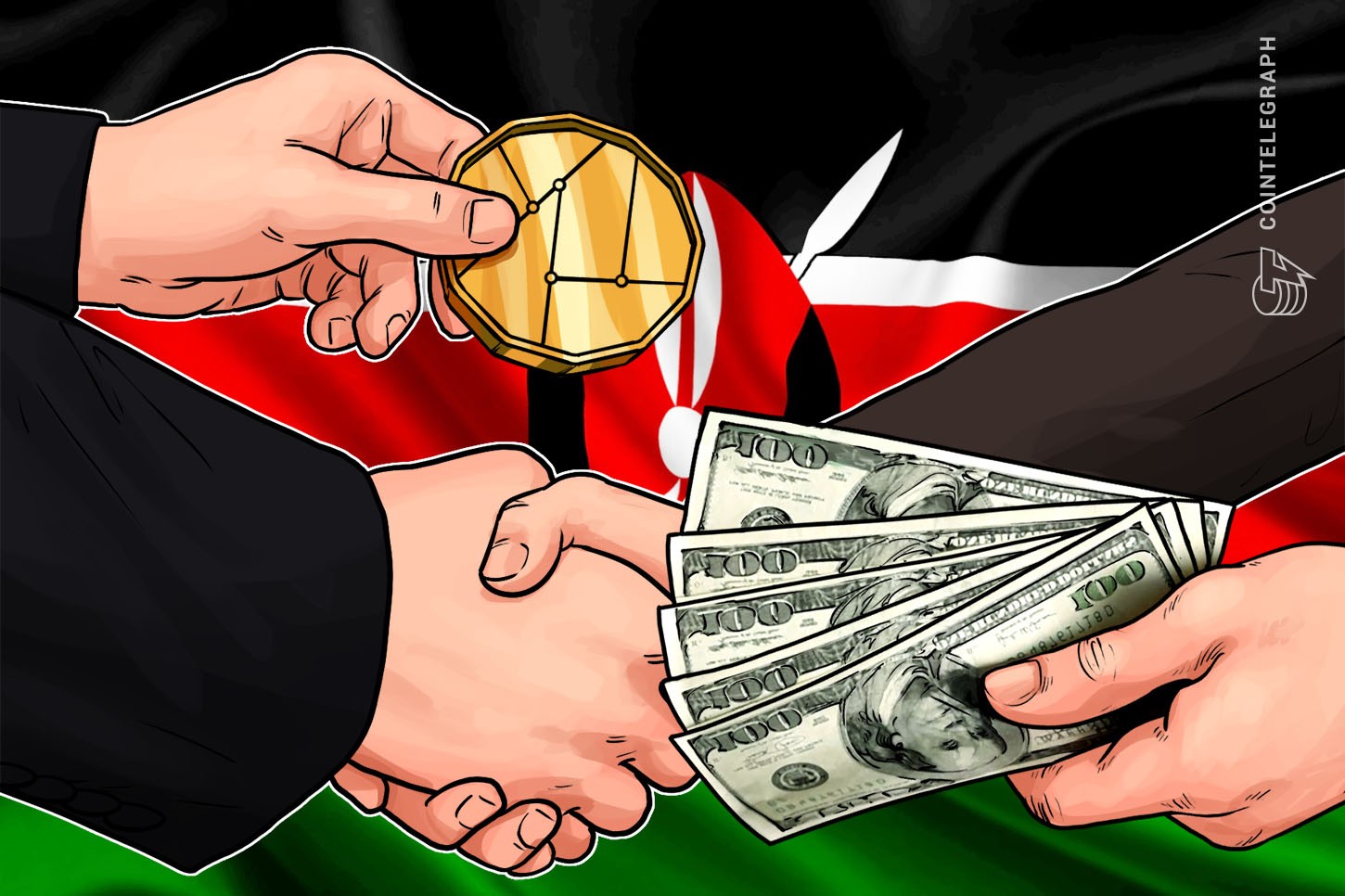Bancor is launching a network of blockchain-based community currencies in Kenya aimed at combating poverty, according to a press release shared with Cointelegraph June 18.
Bancor, self-described as a “decentralized liquidity network,” secured a then-unprecedented $153 million in under three hours in an Initial Coin Offering (ICO) June 2017.
The company’s new project seeks to stimulate local and regional commerce and peer-to-peer activity by enabling Kenyan communities to create and manage their own digital tokens.
To oversee the launch, Bancor has partnered with a non-profit foundation, Grassroots Economics, which currently runs community currency programs in six locations across Kenya, and serves over 20 schools and 1,000 local businesses.
Grassroots will use the Bancor Protocol to expand its existing paper currency system into a blockchain-based network. The new tokens will be tradable using fiat or crypto on the Bancor platform, which the organization hopes will allow global users to support local communities from afar.
User-generated cryptocurrencies will be interchangeable for one another with no counterparty involvement. A balance in a stabilized “parent” token is under development and will be initially pegged to the Kenyan Shilling to enable convertibility between the network of local currencies.
The first pilots from the project are planned to launch in two economically disenfranchised regions of Kenya, Kawangware and Kibera.
Decentralized exchanges such as Bancor exclude a middleman and the need to rely on a third party service to hold customers’ funds. Their trading mechanisms are based on smart contracts and atomic swaps.
In Bancor’s case, its protocol is implemented using multiple contracts involving a token converter and an ERC-20 compliant SmartToken. SmartToken users can hold one or more tokens or cryptocurrencies in reserve, using a smart contract to automate their transactions.
Bancor is seeding the initial currencies by contributing capital generated from its $153 mln token sale in June 2017.
Blockchain’s potential to underpin a fairer and more equitable society has been recognized by leading world organizations, including the United Nations, who used the Ethereum network to distribute aid to Syrian refugees in 2017.
The World Bank’s Findex 2018 report indicates that 3 bln people globally are underbanked, showing that in the developing world over the past three years, savings have declined, credit has gone flat, and resilience has gone down.
As of press time, Bancor (BNT) is trading at $3.27, slightly down from the time of its ICO sale price of $3.92.


